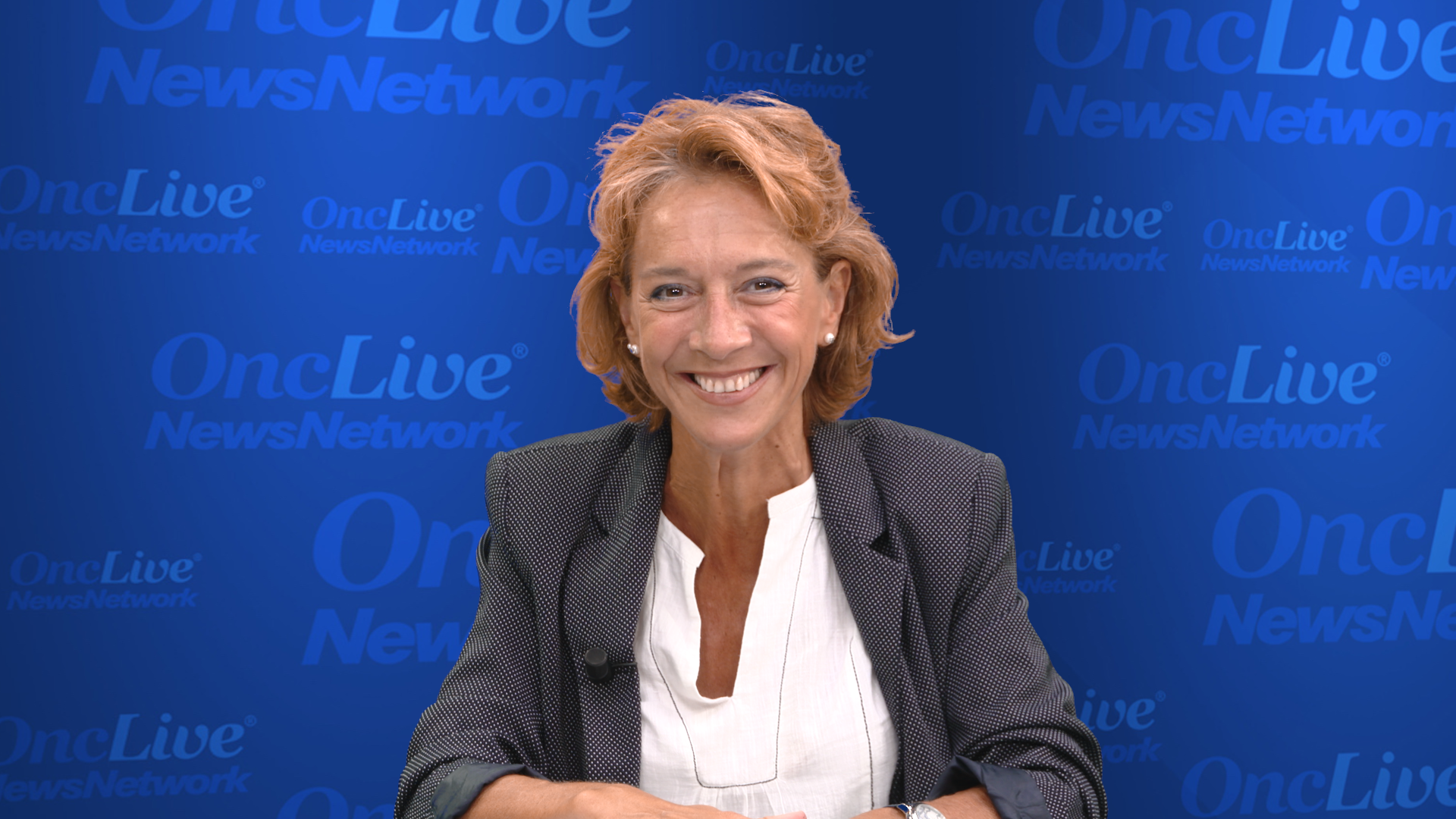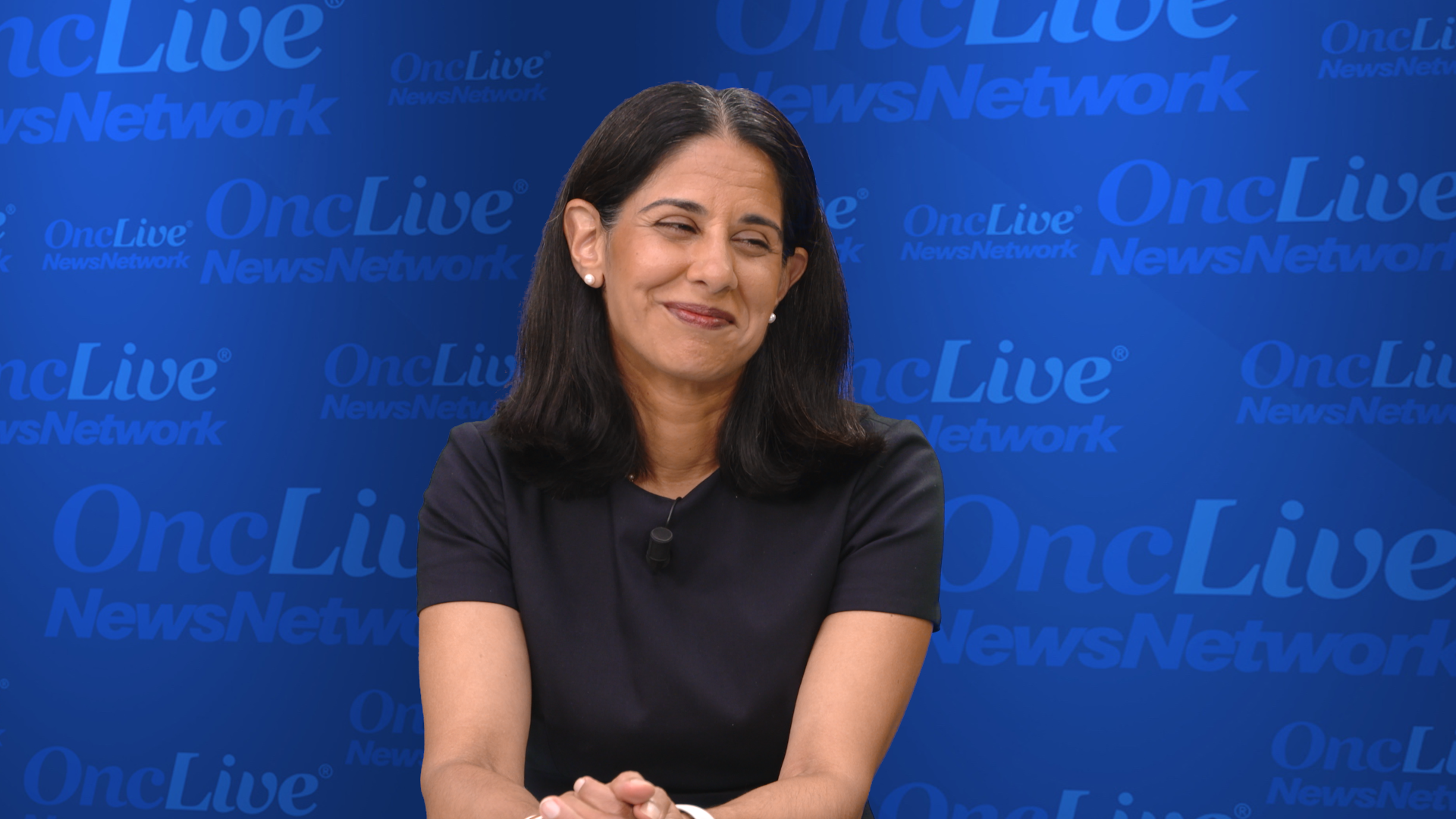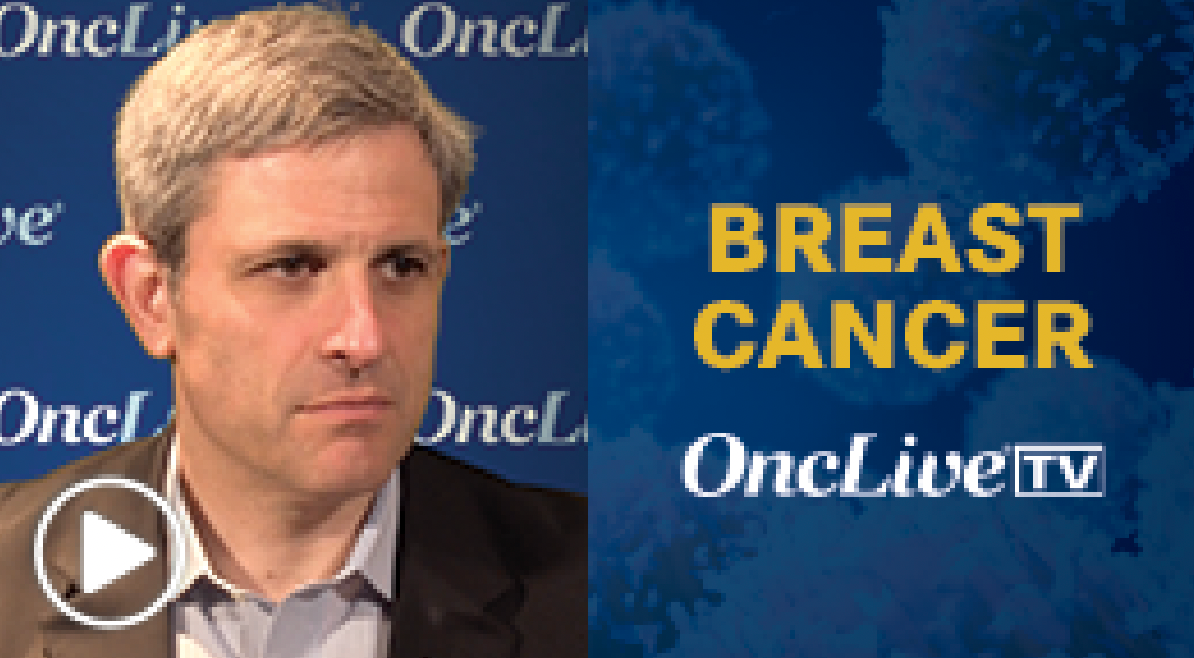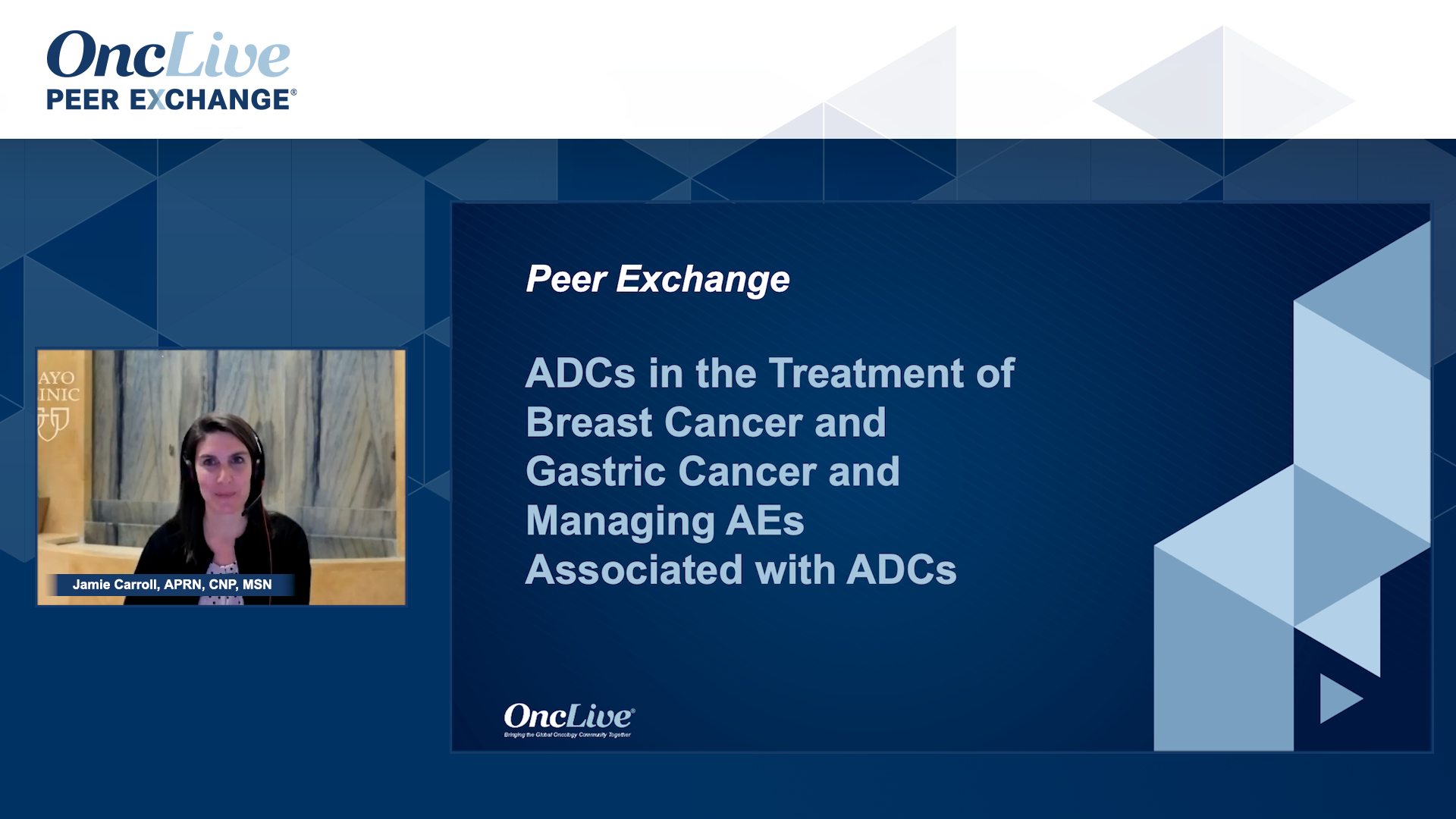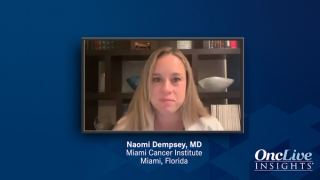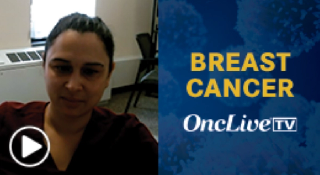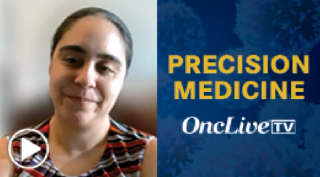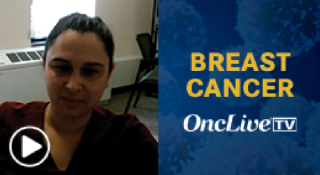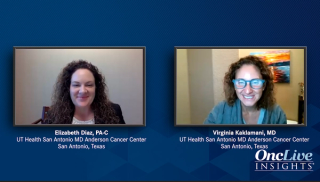
Breast Cancer
Latest News
Latest Videos

CME Content
More News
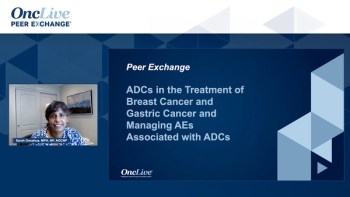
Before closing out their discussion on HER2+ gastric cancer, experts review clinical trials investigating other novel ADC agents in this setting.

The FDA has accepted and granted priority review to a supplemental biologics license application for sacituzumab govitecan for the treatment of with unresectable locally advanced or metastatic hormone receptor–positive, HER2-negative breast cancer after endocrine-based therapy and at least 2 additional systemic therapies in the metastatic setting.
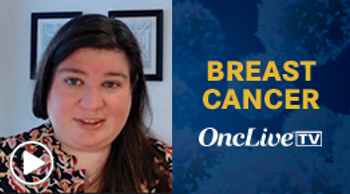
Megan Kruse, MD, discusses the real-world effects of the phase 2 MAINTAIN trial on treatment in advanced hormone receptor–positive, HER2-negative breast cancer.
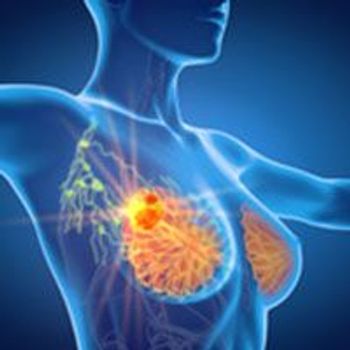
Sequencing complexities with chemotherapy-based regimens in metastatic breast cancer pose unique challenges for valuebased decision-making in routine practice.

Kelly Hewitt, MD, discusses treatment considerations for breast conservation vs mastectomy in breast cancer.
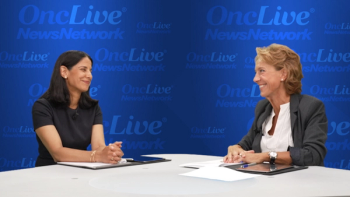
In the context of recent clinical trials, experts share their perspective on the selection and use of CKD4/6 inhibitor therapy in patients with HR+ metastatic breast cancer.
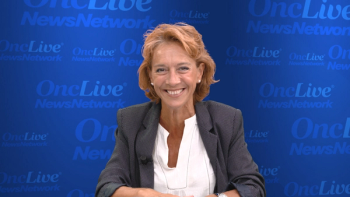
Closing out their review of endocrine therapy in HR+ metastatic breast cancer, panelists consider clinical trial data with selective estrogen receptor modulators [SERMs].
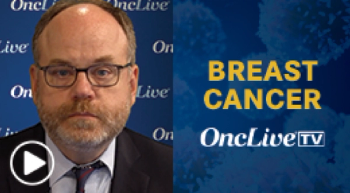
Matthew P. Goetz, MD, discusses the clinical significance of the phase 2 ELAINE-1 trial of lasofoxifene in patients with ESR1-mutated, estrogen receptor-positive/HER2-negative metastatic breast cancer.

The combination of pegylated liposomal doxorubicin, cyclophosphamide, trastuzumab, and pertuzumab elicited encouraging responses with acceptable safety when given as neoadjuvant treatment in patients with HER2-positive breast cancer.

Jane Lowe Meisel, MD, discussed the emergence of HER2-low as a new category in breast cancer, outlining the significance of the phase 3 DESTINY-Breast04 trial and the unique qualities of trastuzumab deruxtecan in the HER2-positive and HER2-low populations.

DZD1516 monotherapy elicited early clinical activity and was found to be well tolerated in patients with HER2-positive metastatic breast cancer with or without brain metastases.

Fam-trastuzumab deruxtecan-nxki preserved quality of life vs physicians choice of treatment in patients with advanced, hormone receptor–positive/HER2-low metastatic breast cancer.
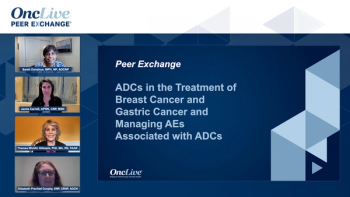
Panelists share their perspective on the role of the broader, multidisciplinary healthcare team in managing toxicity associated with trastuzumab deruxtecan therapy.
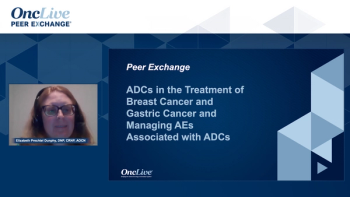
Comprehensive insight on the optimal management of diarrhea associated with ADC therapy, with regard to patient education and monitoring during treatment.

Massimo Cristofanilli, MD, discusses the variety of targeted therapies available in metastatic hormone receptor–positive breast cancer.
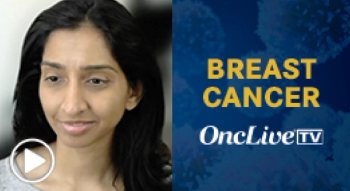
Suchita Pakkala, MD, discusses the importance for clinical trial enrollment for patients with breast cancer who have brain metastases.

Cesar A. Santa-Maria, MD, discusses exploratory data seen with trastuzumab deruxtecan in patients with triple-negative breast cancer.
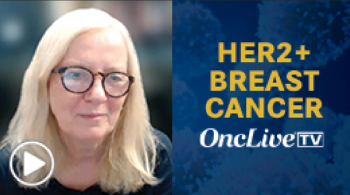
Katherine Tkaczuk, MD, discusses the utilization of trastuzumab deruxtecan in HER2-positive breast cancer.

The FDA has approved use of the PATHWAY anti-HER2/neu rabbit monoclonal primary antibody as a companion diagnostic to identify patients with HER2-low metastatic breast cancer who are eligible for treatment with trastuzumab deruxtecan.
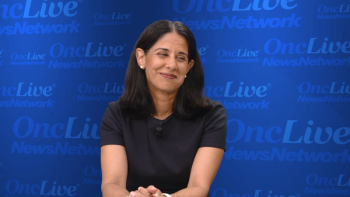
Comprehensive insight to the development and use of selective estrogen receptor degraders [SERDs] in HR+ metastatic breast cancer treatment.

Opening their discussion on the HR+ metastatic breast cancer treatment landscape, expert oncologists share a broad overview of treatment modalities in this setting.
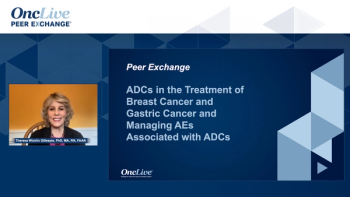
Shifting focus to the second patient profile of HER2+ gastric cancer, key opinion leaders highlight the risk and management of diarrhea in this setting.
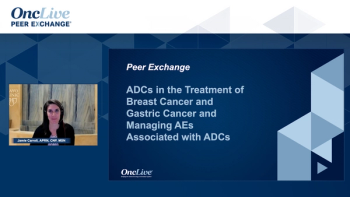
Panelists briefly review ongoing clinical trials with trastuzumab deruxtecan in the setting of HER2+ gastric cancers.

Giredestrant provided a numerical, but not statistically significant, improvement in progression-free survival over physician’s choice of endocrine therapy in patients with estrogen receptor–positive, HER2-negative, locally advanced or metastatic breast cancer, according to data from the phase 2 acelERA BC study.

Vinorelbine plus cyclophosphamide and capecitabine led to a significant improvement in time to treatment failure compared with paclitaxel alone in patients with estrogen receptor–positive, HER2-negative locally advanced or metastatic breast cancer.


